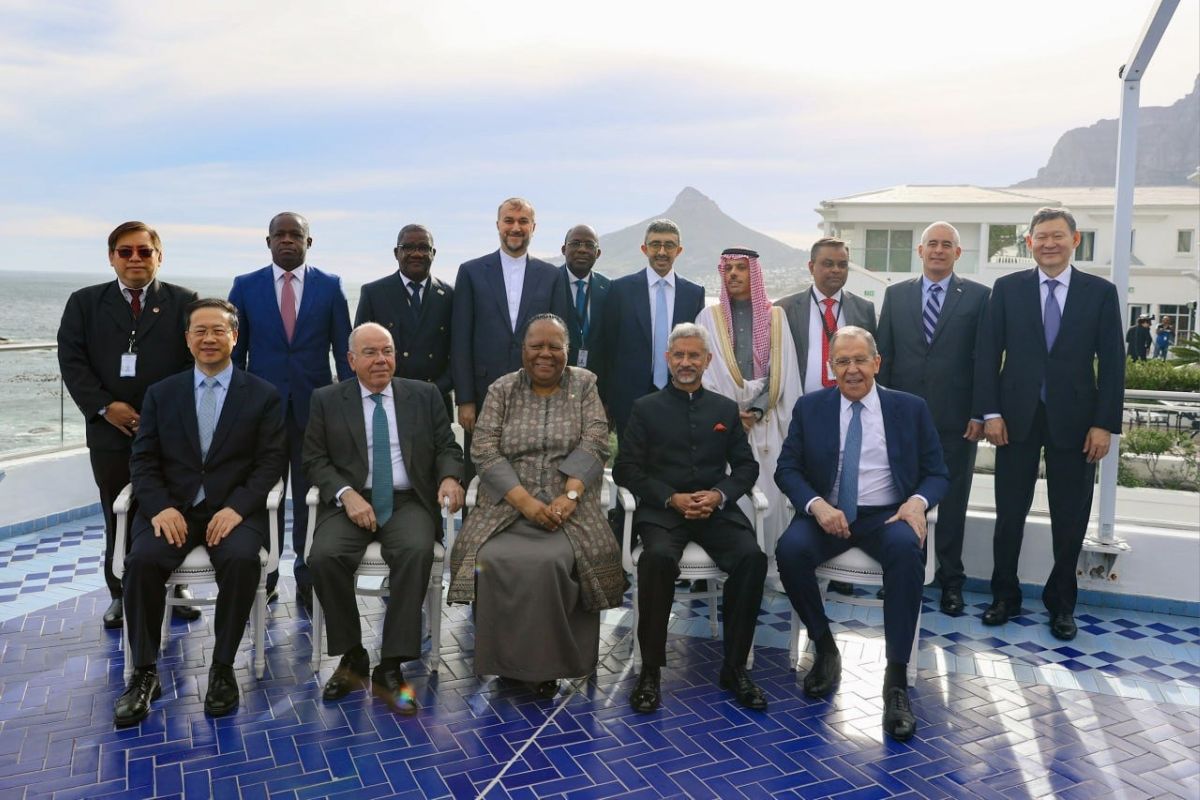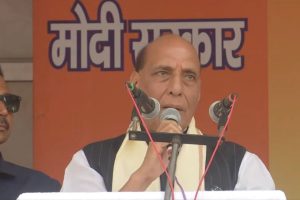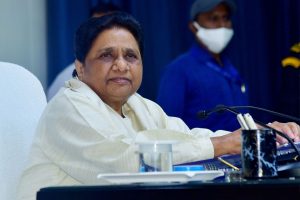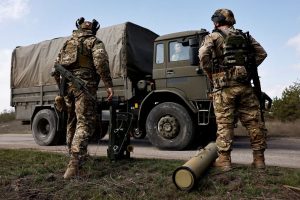The BRICS (Brazil, Russia, India, China, and South Africa) foreign ministers concluded their meeting at Cape Town in South Africa without taking a clear stand on the Ukraine conflict even as they strongly condemned terrorism in all its forms and manifestations whenever, wherever and by whomsoever committed.
In a joint statement, the foreign ministers, who included External Affairs Minister S Jaishankar, reiterated their known positions on Ukraine and ”noted with appreciation relevant proposals of mediation and good offices aimed at peaceful resolution of the conflict through dialogue and diplomacy”.
They called for full and effective implementation of both the Black Sea Grain Initiative and the Memorandum of Understanding between Russia and the Secretariat of the United Nations on promoting Russian food products and fertilizers to the world markets and stressed the importance of allowing grains and fertilizers to continue to reach those most in need.
The foreign minister recognised the threat emanating from terrorism, extremism conducive to terrorism and radicalisation and committed themselves to combating terrorism in all its forms and manifestations, including the cross-border movement of terrorists, and terrorism financing networks and safe havens.
They reiterated that terrorism should not be associated with any religion, nationality, civilization or ethnic group and reaffirmed their unwavering commitment to contribute further to the global efforts of preventing and countering the threat of terrorism. They said they looked forward to further deepening counter-terrorism cooperation.
The five ministers reiterated their commitment to strengthening multilateralism and upholding international law, including the purposes and principles enshrined in the Charter of the United Nations (UN) as its indispensable cornerstone, and the central role of the UN in an international system in which sovereign states cooperate to maintain peace and security, advance sustainable development, ensure the promotion and protection of democracy, human rights and fundamental freedoms for all, and promoting cooperation based on the spirit of solidarity, mutual respect, justice and equality.
They expressed their support for the free, open, transparent, fair, predictable, inclusive, equitable, non-discriminatory and rules-based multilateral trading system with the World Trade Organisation (WTO) at its core, with special and differential treatment (S&DT) for developing countries, including Least Developed Countries.
They recalled their national positions concerning the situation in and around Ukraine as expressed at the appropriate fora, including the UNSC and UNGA. They noted with appreciation relevant proposals of mediation and good offices aimed at a peaceful resolution of the conflict through dialogue and diplomacy. They called for the full and effective implementation of both the Black Sea Grain Initiative and the Memorandum of Understanding between the Russian Federation and the Secretariat of the United Nations on promoting Russian food products and fertilizers to the world markets and stress the importance of allowing grains and fertilisers to continue to reach those most in need.
The ministers recalled UN General Assembly (UNGA) Resolution 75/1 and reiterated the call for reforms of the principal organs of the world body. They recommitted to instil new life in the discussions on the reform of the UN Security Council (UNSC) and continue the work to revitalise the General Assembly and strengthen the Economic and Social Council. China and Russia reiterated the importance they attach to the status and role of Brazil, India and South Africa in international affairs and supported their aspiration to play a greater role in the UN.











